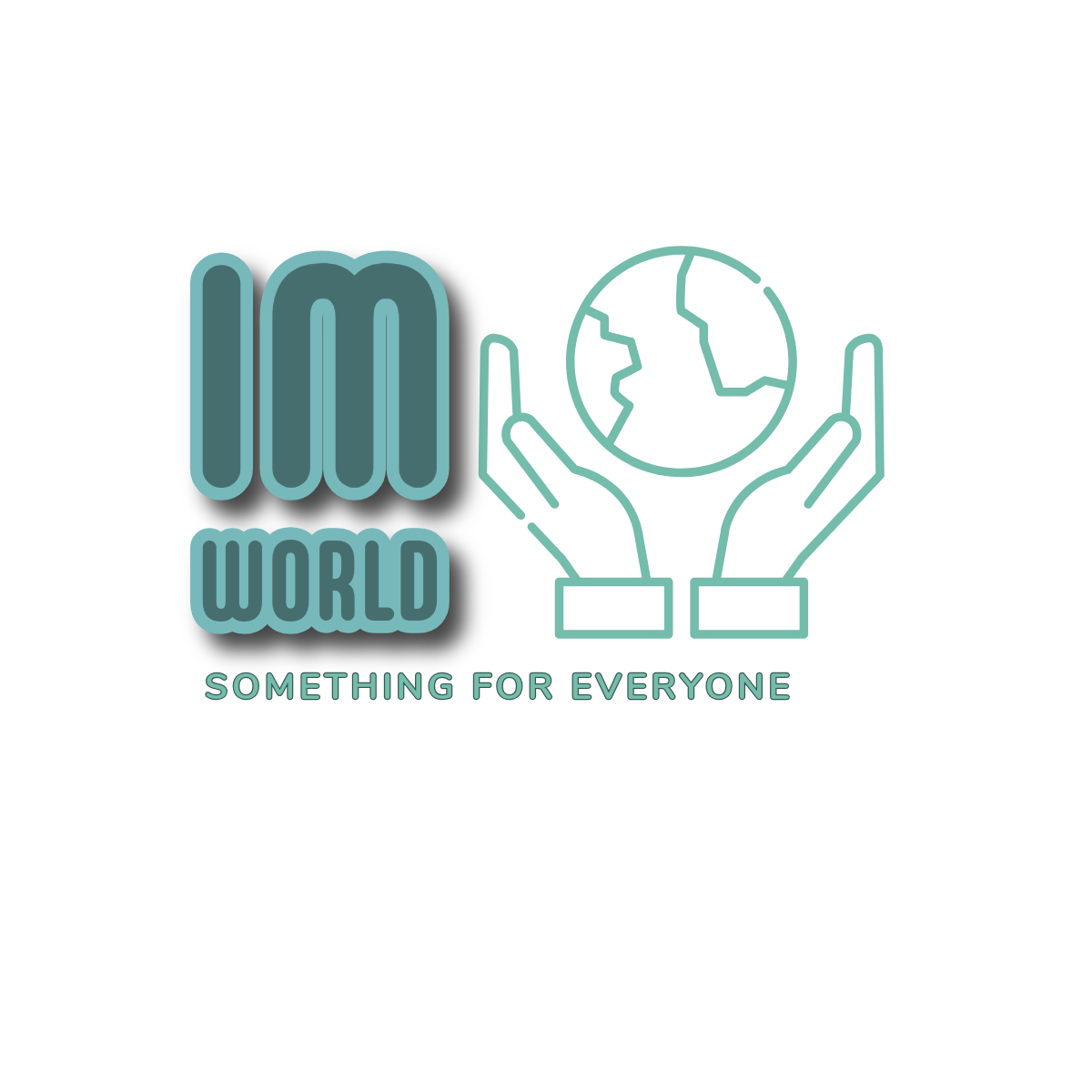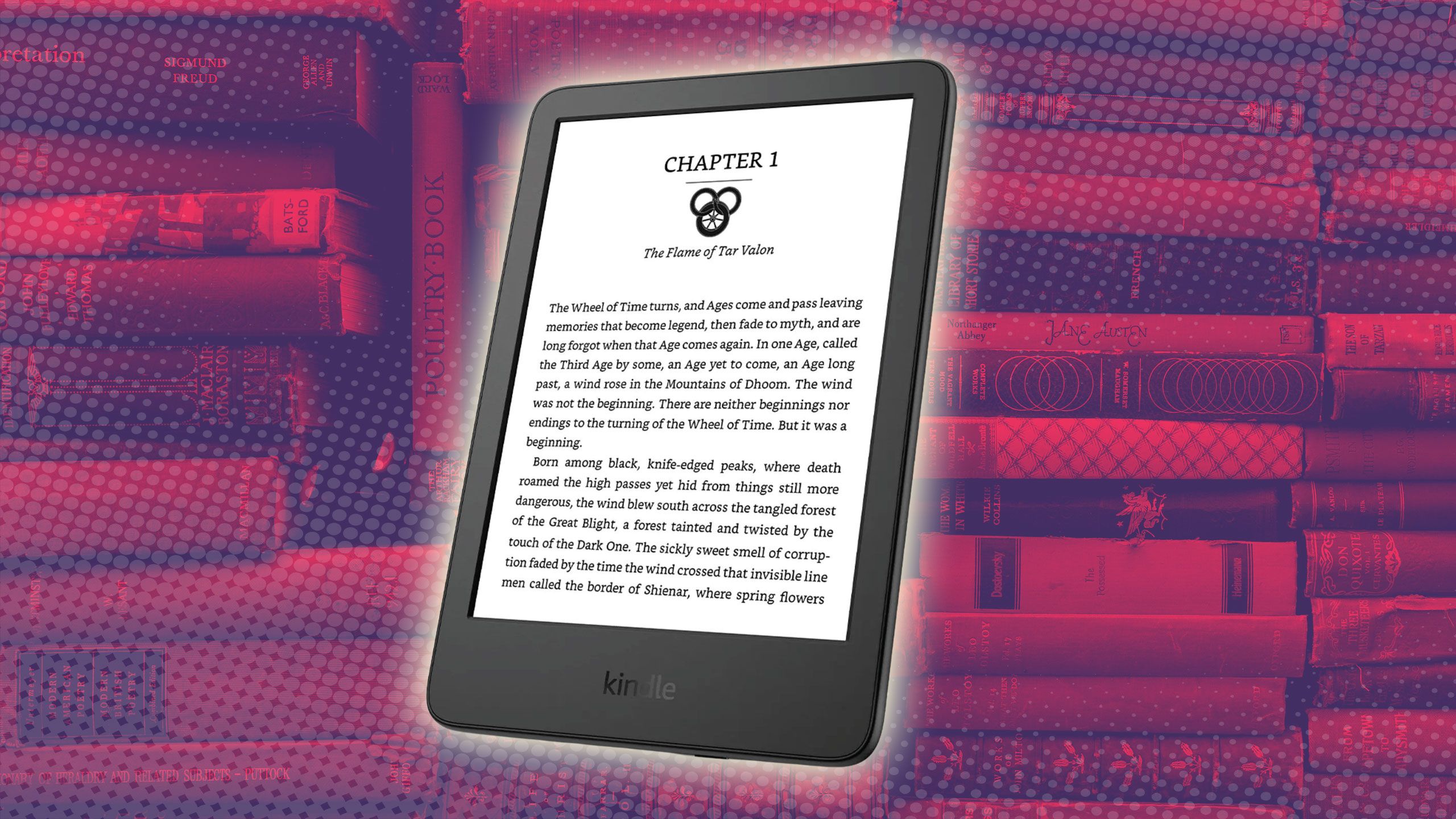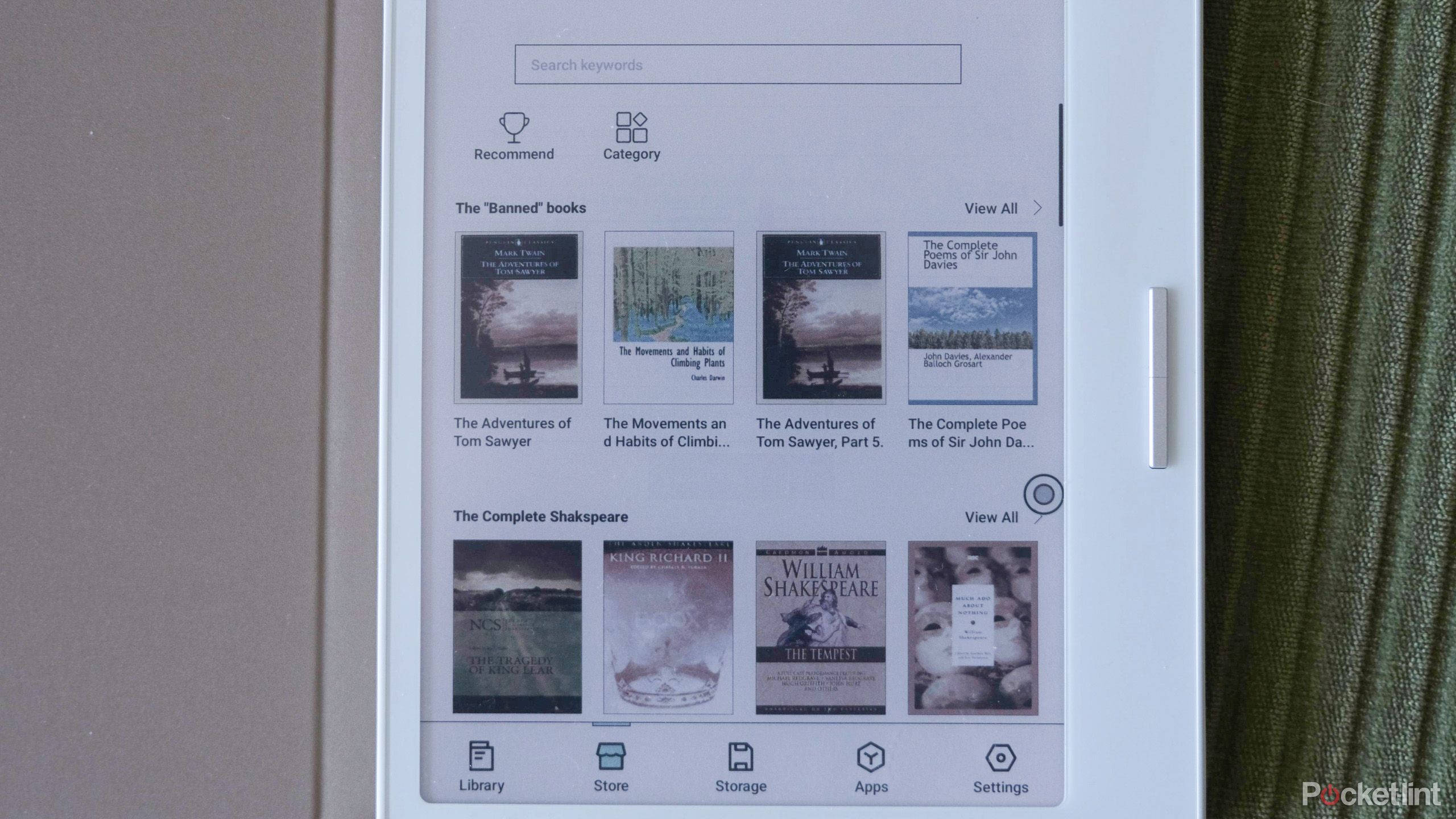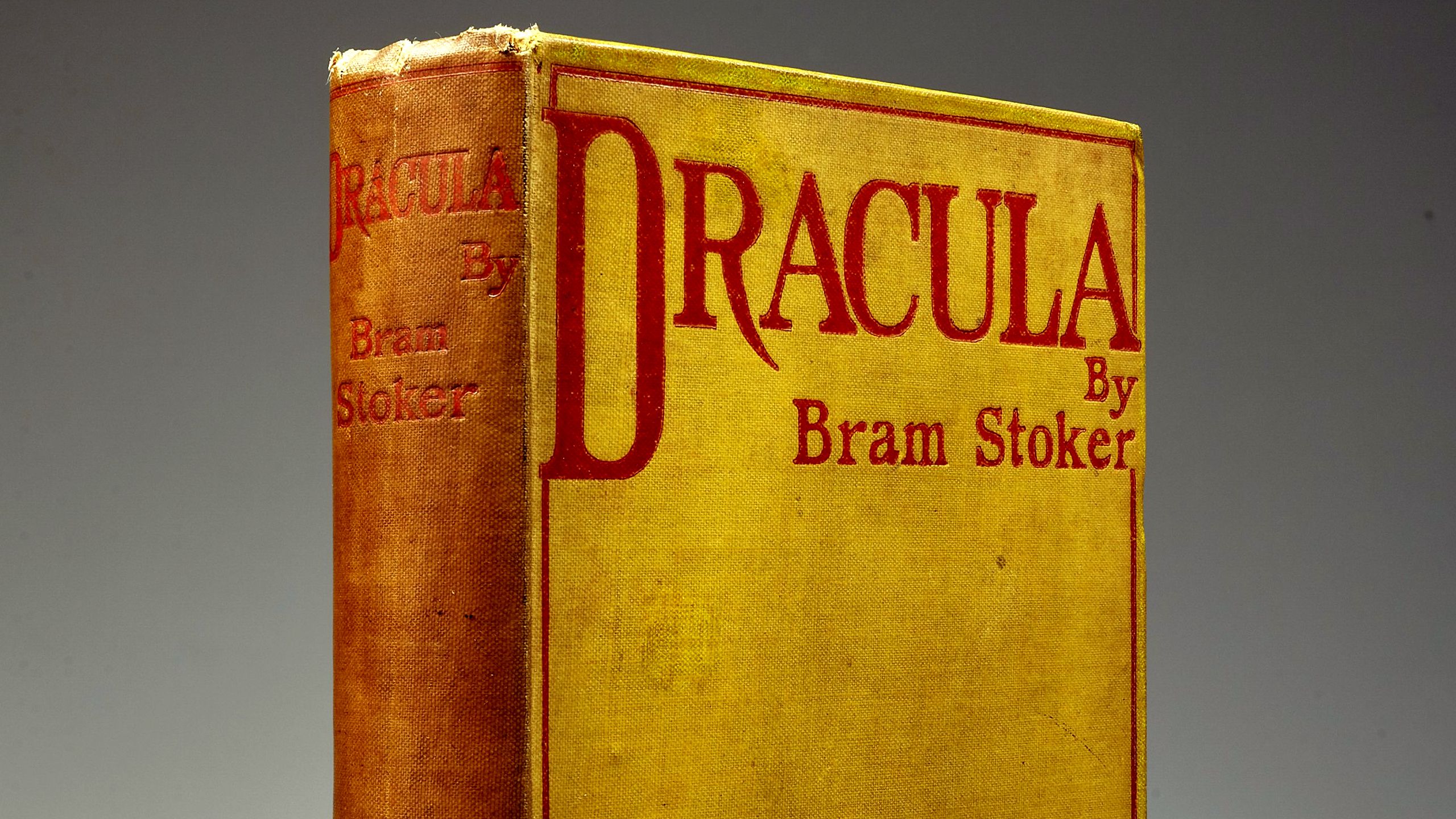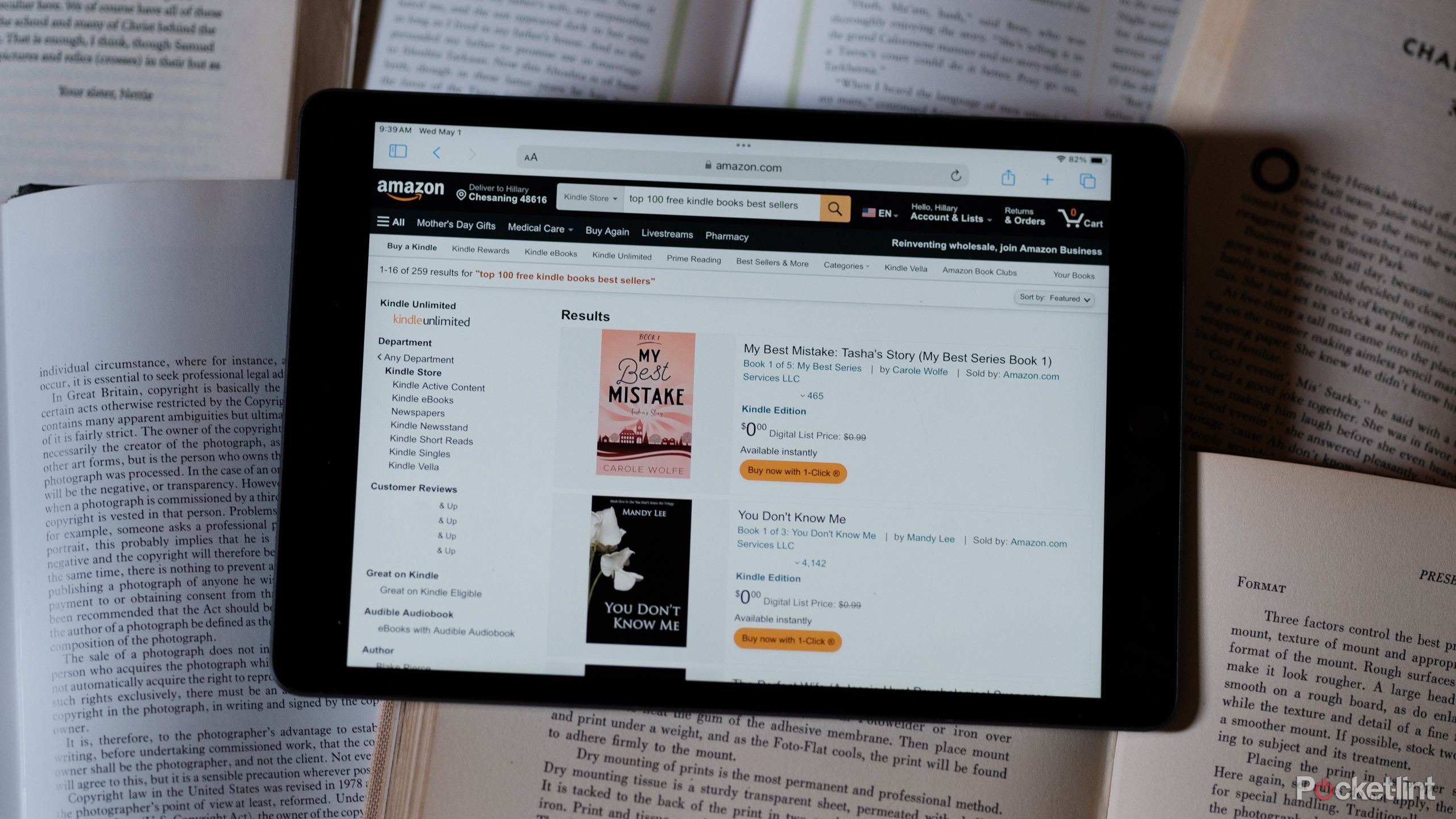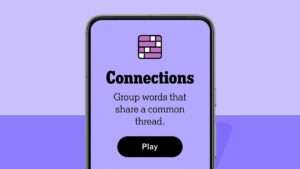Summary
- Libraries will often let you borrow ebooks, albeit with time or quantity limits.
- Many classic fiction and non-fiction books are in the public domain.
- You can also download academic or self-published works, but those often cater to niche interests.
With any new media device, it’s so easy to focus so much on the hardware you paid for that you forget it’s useless without extra content. I made a similar mistake with my Nintendo Switch — I was so excited to own one that I forgot Nintendo almost never does meaningful discounts on its games. That’s one of the reasons I prefer my Steam Deck these days — it’s powerful, but more importantly, I can buy games during a Steam sale for as little as $10 or $20, instead of assuming I’ll have to spend upwards of $40.
The same philosophy applies with e-readers. A state-of-the-art color reader from Amazon, Boox, or Kobo is pointless if you can’t afford books for it. The good news is that, as long as you don’t care about sticking to the latest New York Times bestsellers, there are plenty of ways to read for free without piracy.
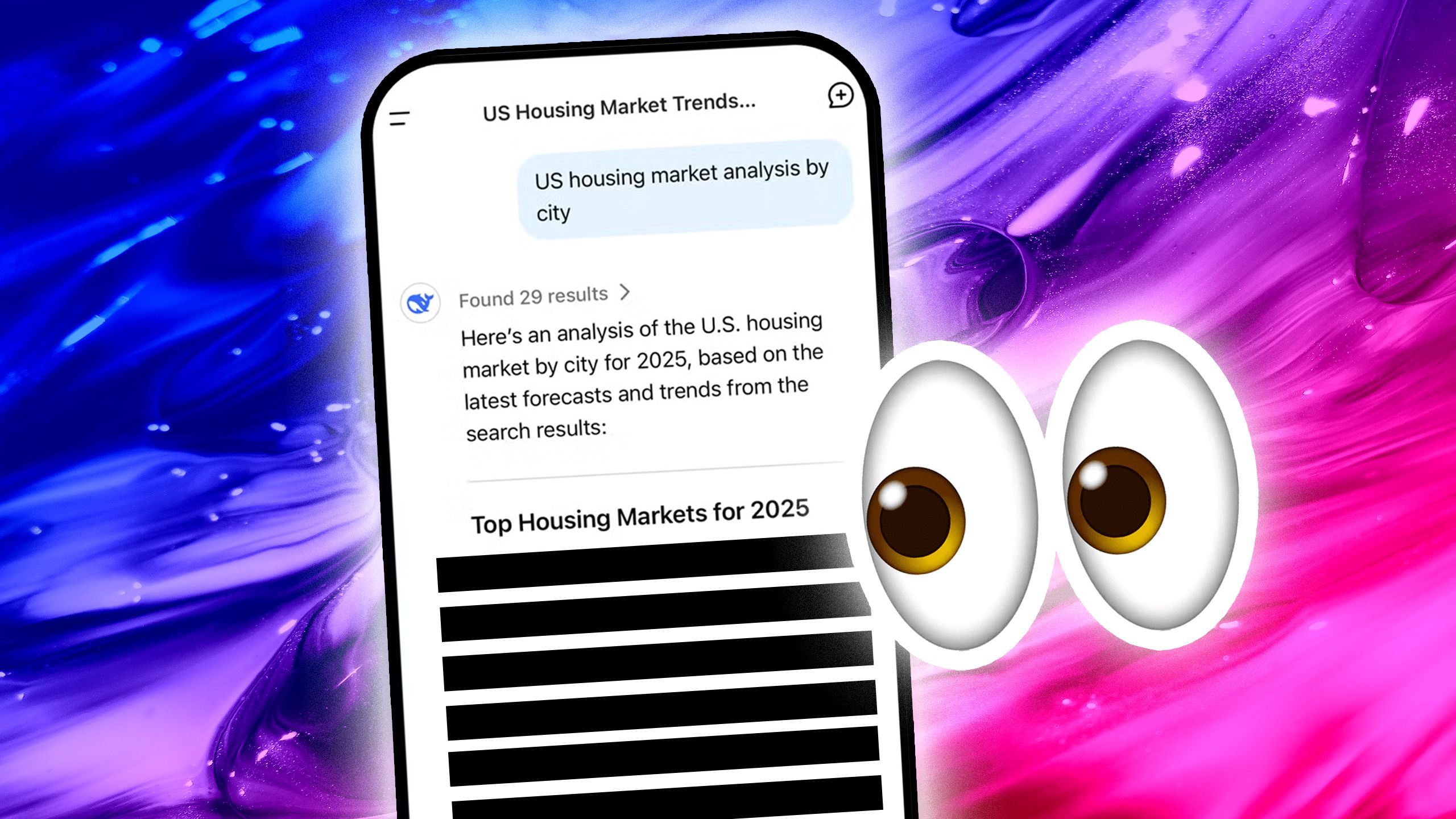
Related
I downloaded Deepseek to see how censored it really is
Don’t expect it to be fully honest with politically sensitive topics.
1 Borrowing ebooks from your library
Support your local library
Libraries have certainly taken a hit in the past few decades, given funding cuts and the general shift away from paper books. But they’ve adapted, and in many cities, library systems are more than willing to lend ebooks to you if you have a membership. The next step is learning what you need to do to borrow something, including which app(s) your library supports. Some apps may not be compatible with your e-reader, in which case you’ll need to read on your phone, tablet, or computer.
In the US, two common apps you’ll see are Hoopla and Libby (a.k.a. OverDrive). As with paper books, you’ll be granted access to ebooks for a limited time, and/or be restricted to a certain number of titles at once. You should also be prepared for selections to vary — different libraries have different catalogs based on publisher agreements, and you may have to wait in line for the most popular books.
2 Public domain sources
Catch up on the classics
Christie’s
Many books are old enough that they’re no longer subject to copyright laws, if they ever were in the first place. If you have an appetite for the classics, it should be trivial to find titles like Dracula, Heart of Darkness, or Moby Dick for free, sometimes even from stores that specialize in paid content. Be careful before you tap that download button, however — publishers are still releasing paid versions of public domain works. If a book predates the 1930s, you probably shouldn’t be paying for it unless you want a physical copy.
One source I recommend is Standard Ebooks. That website gathers ebooks from other sources and cleans them up, for instance, by fixing typos and typography, and adding more visually exciting cover art. If you’re okay with the occasional rough conversion, Project Gutenberg — one of Standard’s sources — has over 75,000 titles. In both cases, you can download generic EPUB files or in the Kindle format. Some books may be available in formats tailored for other e-reader brands, such as Kobo.
I’d be remiss if I didn’t mention the Internet Archive. That site has partnerships with organizations like the Smithsonian, and has nearly 43 million texts at its disposal, ranging from John Stuart Mill’s On Liberty to a manual for pet rocks.
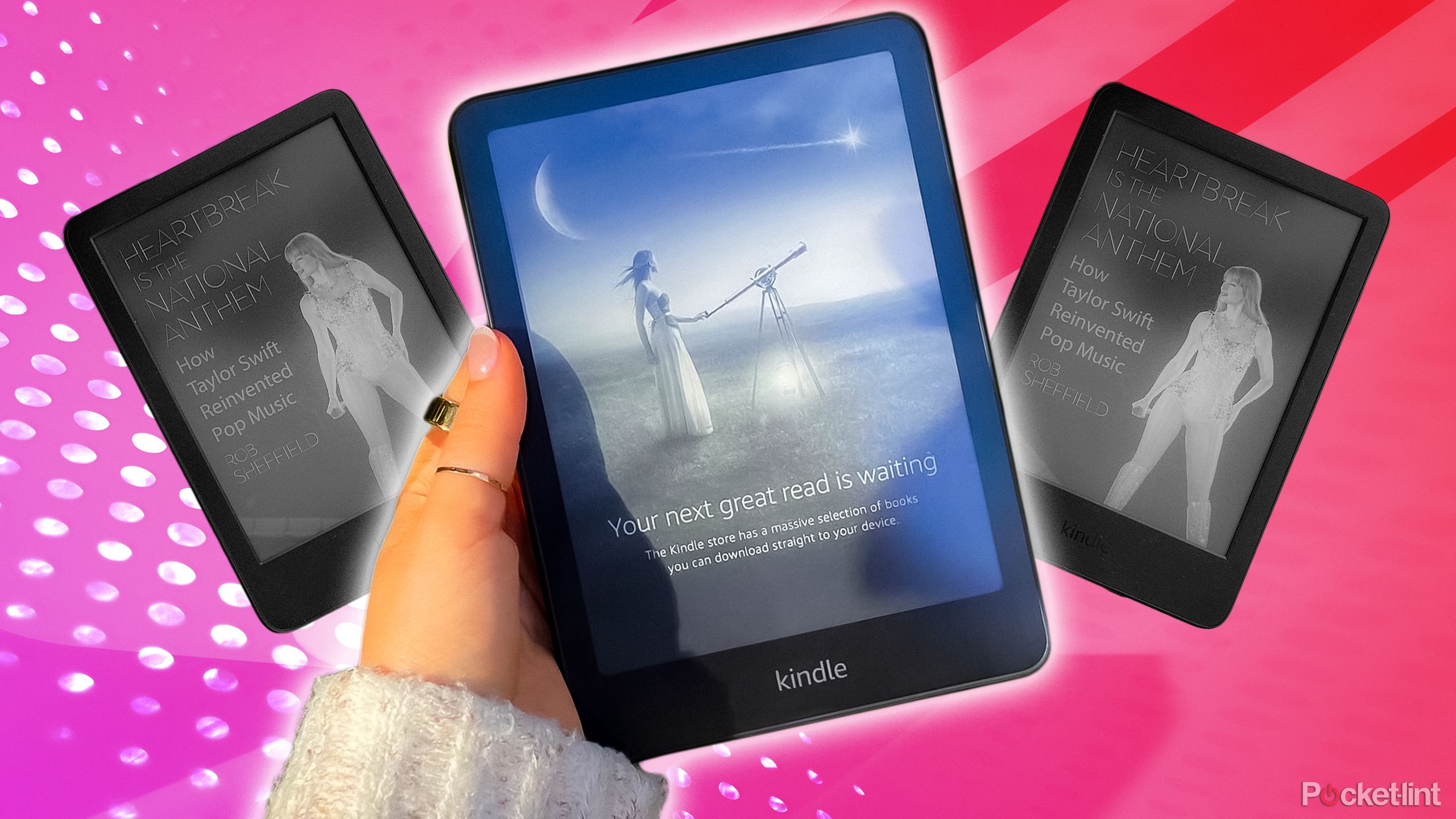
Related
A new Kindle might just be the reading slump cure I’ve been needing
Call it being overly optimistic about getting back into reading.
3 Self-published releases
Taking a gamble on amateurs
Getting a publisher deal can be tough — everyone wants to be Stephen King, but not every book will have the mass appeal necessary to justify editing, promoting, and distributing it. The internet has made it possible to loop around this process, whether via Amazon’s Kindle Direct Publishing or through the many smaller websites out there, such as Smashwords. In fact, it’s better to search those smaller sites first since you’re more likely to find titles that are both free and without DRM (digital rights management) restrictions.
Signed authors don’t have a monopoly on talent, but there’s a base level of skill needed to win a publisher deal, so you could end up wasting a few hours on some self-published books.
You are taking a gamble on quality. Signed authors don’t have a monopoly on talent, but there’s a base level of skill needed to win a publisher deal, so you could end up wasting a few hours on some self-published books. A lot of free authors also cater to romance and fetish audiences, or people with questionable views. You may need to turn to other sources to educate yourself or find a high-caliber fantasy epic.
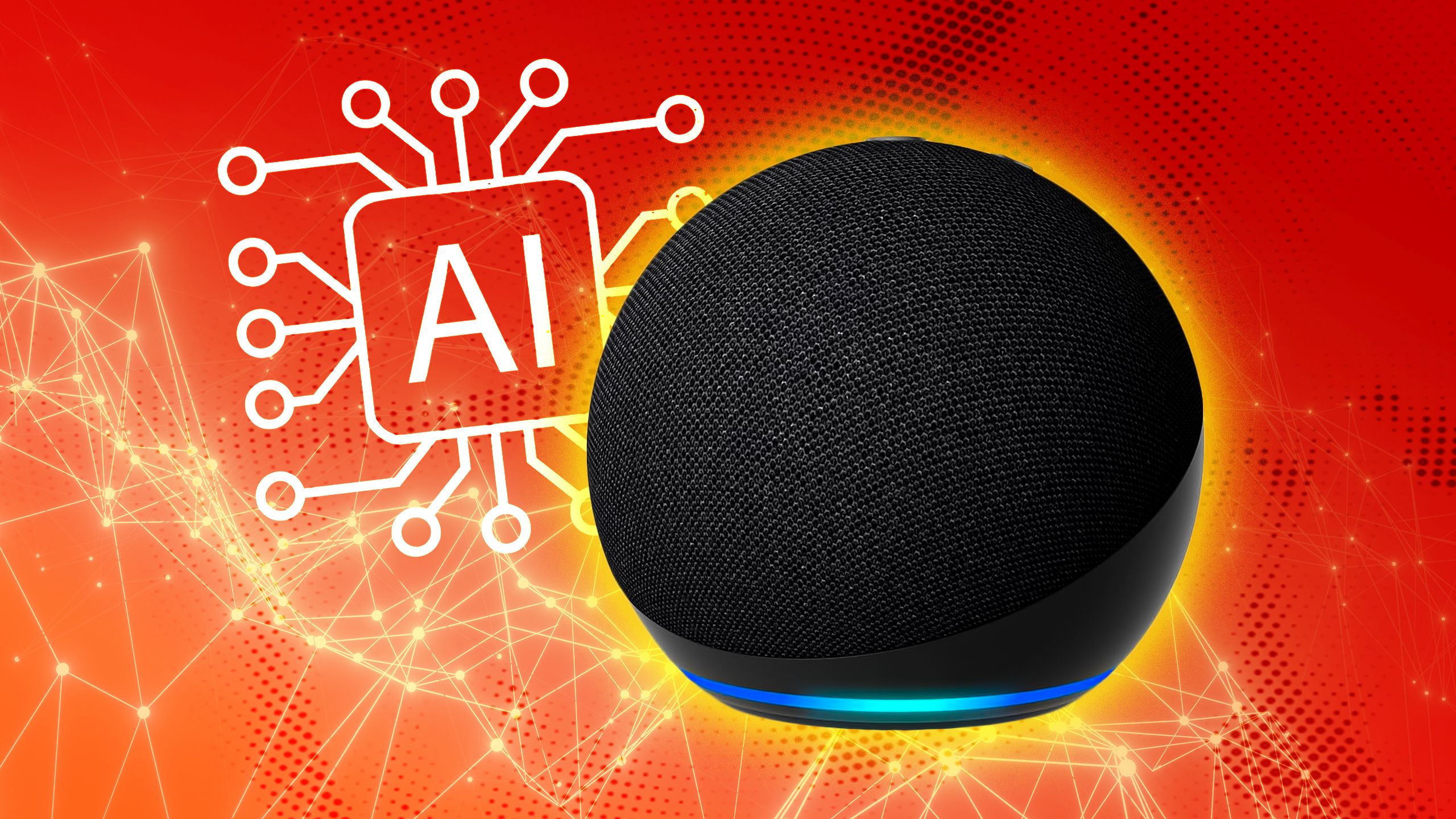
Related
Is Alexa’s generative AI upgrade doomed to fail? I hope not
There’s no love lost for Amazon, but someone needs to make AI assistants better.
4 Academic books and articles
Feed your mind
NASA/JPL-Caltech
If you’re a scholar, scientist, engineer, or just generally curious, a number of academic books and articles can be downloaded to your e-reader. One source is JSTOR, best known for hosting journal articles — you’ve probably looked at something from JSTOR if you’ve chased down a post-graduate degree. You might also want to explore the Directory of Open Access Books, which has nearly 90,000 peer-reviewed titles.
There are two main catches, at least from my perspective. The first is that academic sources often publish in PDF format, which maximizes compatibility, but at the expense of ease-of-use on e-readers. The second is that most academic works are pretty dry — they’re intended for other researchers, and occasionally students. Unless there’s specific knowledge you need, you’re probably better off sticking to the non-fiction mainstream. You’ll get a lot more out of Carl Sagan or Donald Prothero if you’re trying to expand your overall knowledge.
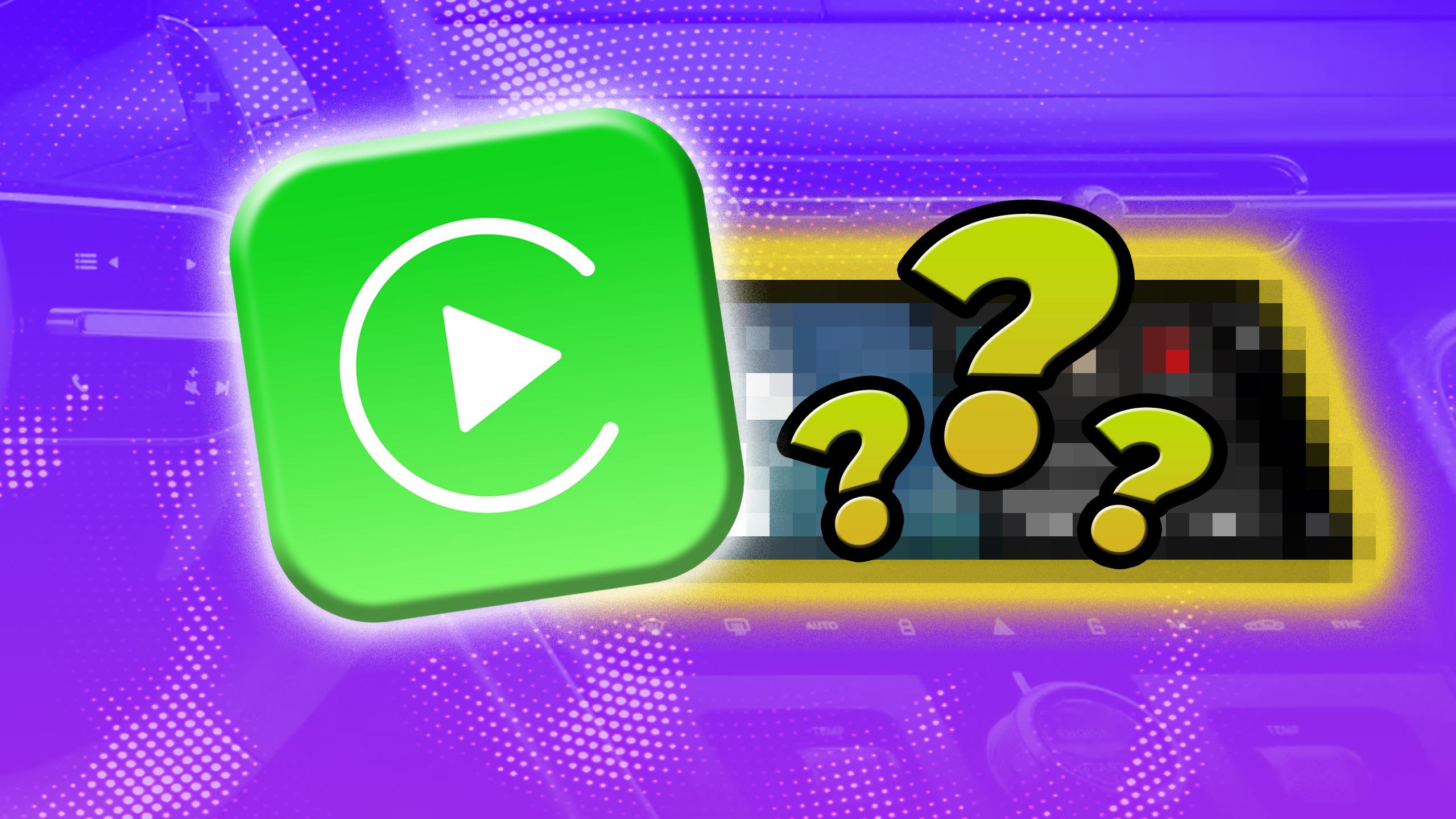
Related
Does anyone actually want Apple’s next-gen CarPlay? Not really
You’d think a radically different car interface would have a broader appeal.
